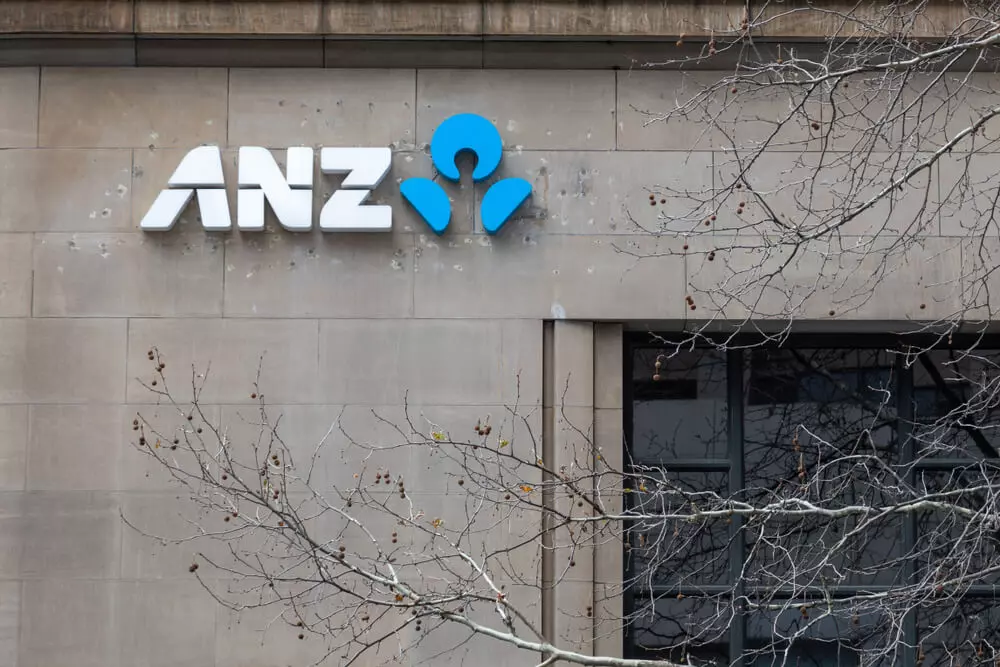ANZ to cop penalty in ASIC case over cash advance fees

ASIC
2023-05-18 4:14 pm
For information on rights and reprints, contact subscriptions@lawyerly.com.au